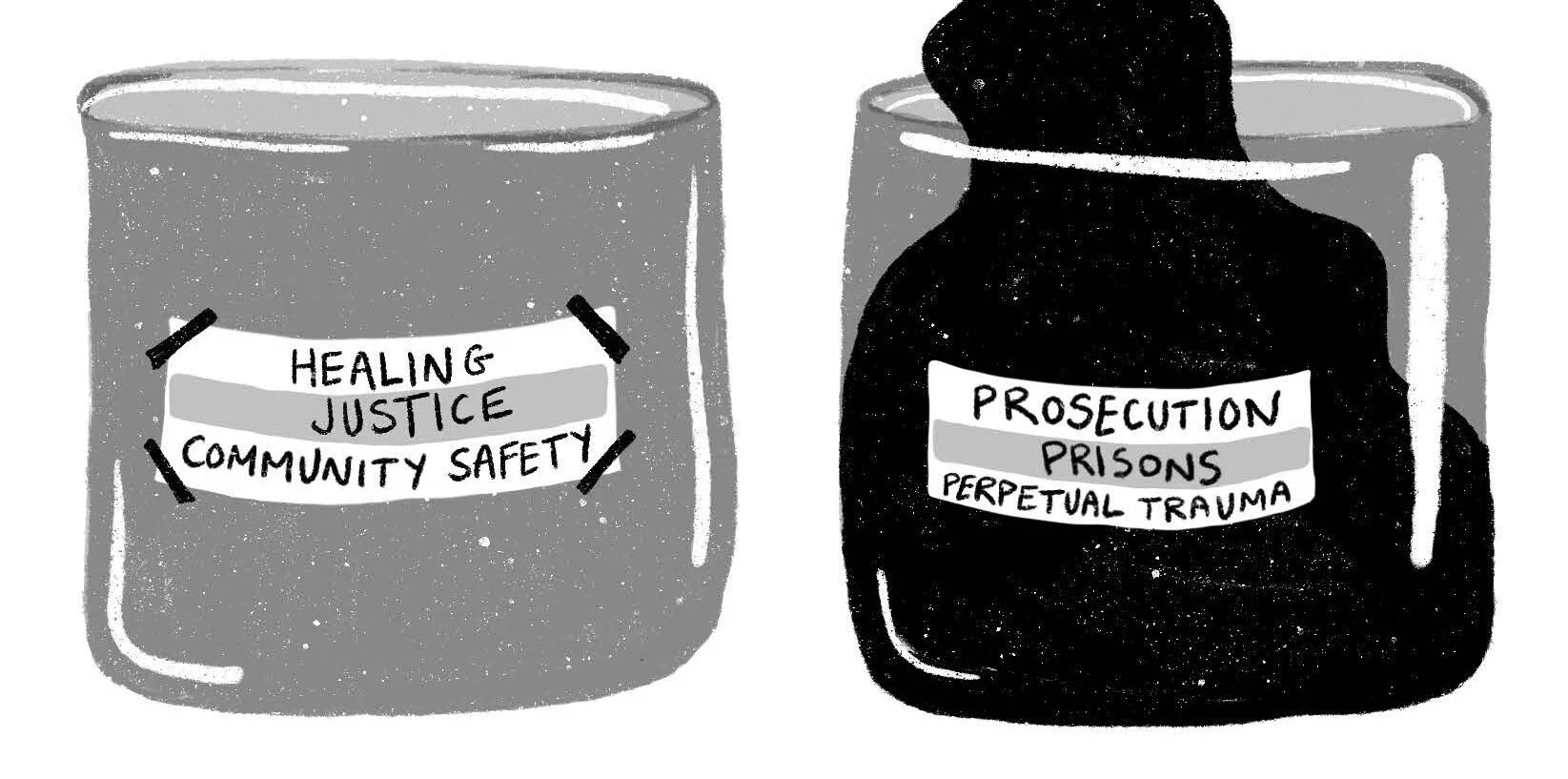Victims of gender-based violence should not be punished for surviving
*Originally published in the Toronto Star, April 18, 2021
By Farrah Khan and Sarah Boesveld
In the hours before the worst mass murder in Canadian history, Lisa Banfield was brutally assaulted and held captive by her common-law partner. That she managed to break free and warn Nova Scotia RCMP about the killer’s spree likely prevented the death toll from surpassing the 22 people killed in Portapique on April 18, 2020.
But instead of acknowledging the trauma and violence she survived, Banfield was criminalized. In January, she and two others were charged by the RCMP with transferring ammunition to the killer in the weeks before the murders. These charges were laid with little regard for Banfield’s identity as a victim.
The criminalization of survivors of gender-based violence is not only egregious, it happens time and again. In 2019, Serrece Winter — a Black and Indigenous woman from Nova Scotia who had no prior criminal record — was pulled from her home on a judge’s warrant, arrested and restrained after she did not appear to testify at her ex’s criminal hearing. She told police she was too afraid to testify against the man, who was facing 14 charges related to vicious violence against her.
It is the same unnuanced allegiance to law and order that last year led an Alberta judge to sentence Helen Naslund to 18 years in prison for shooting her husband of almost three decades in the back of the head while he slept, then hiding the body. Despite testimony that those three decades contained brutal, repeated acts of domestic and sexual violence against her on the farm the couple shared, that she tried multiple times to leave her husband and tried many times to kill herself, the judge decided that she killed her husband when he was at his “most vulnerable.” It is not justice to overlook or fail to take into account the impact domestic and sexual violence has on a survivor’s life.
The criminalization of survivors is also used as a weapon by abusers to retaliate against women who take action against them. Earlier this year, a victim of sexual violence in Waterloo was charged and convicted of breaching a publication ban for sharing with her loved ones a transcript of the court proceedings in which her ex-husband was convicted. He discovered and reported this so-called “breach,” and inexplicably, the Crown prosecuted her for breaching an order protecting her own privacy. The survivor has now appealed the conviction.
It all adds up to a system that perpetuates and repeats the cycles of violence rather than prioritizing prevention and healing. Why would anyone report if these are the outcomes?
The federal government is working on a National Action Plan to End Gender-Based Violence. This must include the creation of an independent review of how the criminal justice system addresses gender-based violence, as well as allocate funding to support survivors navigating a system that was not designed to protect them. We urgently need systemic change so no more women like Banfield will face punishment for surviving violence.
